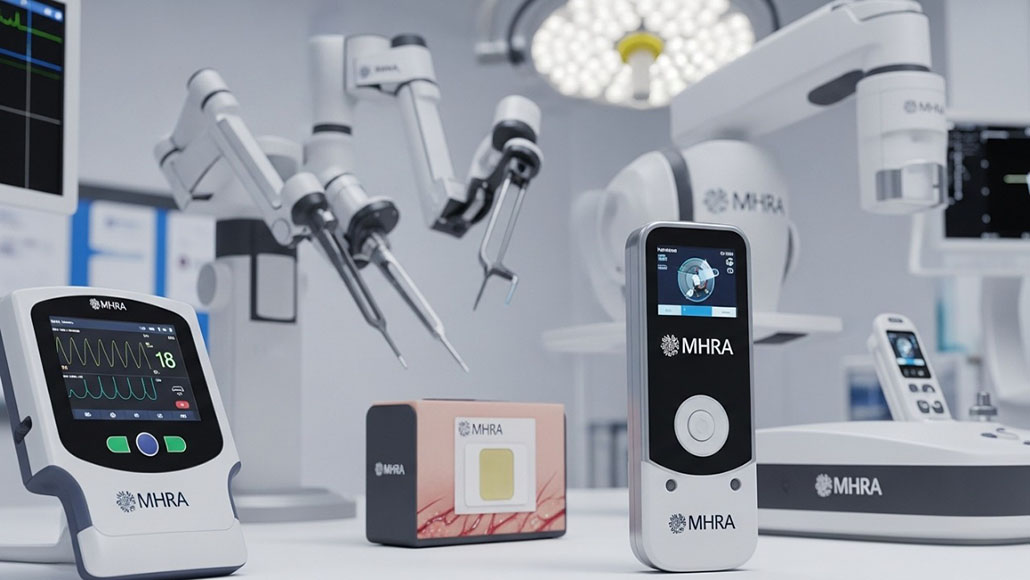The medicines and healthcare products regulatory agency – MHRA in the UK is setting out its intention very clearly in order to help earlier access in terms of innovative medical devices that address unmet clinical requirements within the NHS. As part of this, capabilities are going to be invested-in, in order to establish a new kind of early access service so as to offer time-limited and conditional access to certain promising technologies ahead of full regulatory approval when there is going to be a clear clinical requirement as well as supporting evidence of benefits to the patients.
Designed in order to support innovators, which includes the likes of small as well as medium-sized enterprises, the Early Access service looks forward to helping bring safe as well as effective medical devices to patients in a quicker way. Focus initially will be on certain innovative medical devices, especially the diagnostic ones – those that support the most urgent requirements of the NHS. This happens to form part of the wider contribution by the MHRA to the UK government and its life sciences sector plan and, of course, the 10-year health plan and also supports the ambition of the UK to be a worldwide leader when it comes to medical device innovation.
It is well to be noted that Early Access services will make use of learning from the Unmet Clinical Need Authorisation (UCNA) tool, which is piloted in the Innovative Devices Access Pathway (IDAP) and will be shaped by certain stakeholder engagement along with key sector representatives.
Apparently, this initiative sits in a broader program of regulatory reform, which includes more robust post-market surveillance along with increased international collaboration. The MHRA is going to continue to work with the industry, NHS leaders, and clinicians, as well as other partners, in order to shape the pathway and also support growth throughout the UK MedTech sector.


















